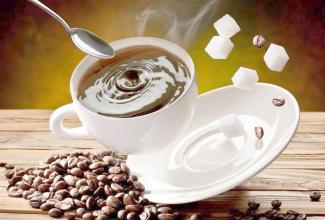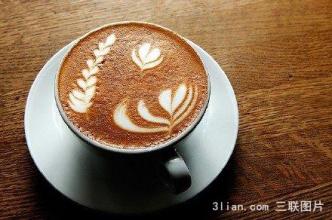The Flavor description treatment method of Fine Kenya Coffee Bean introduction to the Grinding scale of Variety producing area
The Flavor description treatment method of Fine Kenya Coffee Bean introduction to the Grinding scale of Variety producing area
Unlike most countries of origin, Kenya has a formal coffee market organization that reviews and rates each batch of coffee before it is sold at auction. Starbucks does not buy coffee at auction; instead, our suppliers buy the coffee they think Starbucks will like and send samples to Starbucks.
Political conditions, drought and the cultivation of new high-yield coffee trees have made Starbucks still interested in Kenya as a coffee supplier.
Starbucks mainly buys coffee based on its taste, which is why we don't specify a Kenyan grade (such as "AA" or "A"). These grades only represent the size of coffee beans.
Excerpts from Kenyan Coffee
Drinking Kenyan coffee reminds me of standing in the middle of a sunflower field and being caressed by the breeze on a sunny summer day. Aromas of tropical fruits are mixed with well-balanced and unique aromas. When I make iced coffee in a store, customers always ask, "is this really coffee?" which makes me laugh.
-Suwat Jiranusornkul, partner in Learning and organizational Development, Thailand
National information
Population: 33.8 million
Area: 583000 square kilometers
Education ratio: 85%
Average life expectancy: 48 years
Anecdotes:
The Kenyan plateau is one of the most important agricultural producing areas in Africa, and glaciers have been found on the Kenyan mountains, the second largest peak in Africa. The unique geographic conditions are very suitable for wildlife, so they are also of great scientific and economic value.
Agricultural products include tea, coffee, cotton, wheat, sugar, fruits, vegetables, dairy products, beef, pork, poultry and eggs.

Important Notice :
前街咖啡 FrontStreet Coffee has moved to new addredd:
FrontStreet Coffee Address: 315,Donghua East Road,GuangZhou
Tel:020 38364473
- Prev

Introduction to the varieties of Sulawesi Coffee Bean Baking method, Grinding Calibration method
Sulawesi Coffee Bean roasting method Grinding scale treatment Variety introduction Sulawesi (Celebe) is a large island in eastern Indonesia. The island is peculiar in shape, extending from four peninsulas to the north, northeast, southeast and south. With more mountains and deep valleys and less plains, it is the island with the largest proportion of mountainous areas in Indonesia. Toraja production on Sulawesi Island
- Next

Description of Candle Coffee name by Flavor description introduction of Grinding scale in Variety producing area
The origin and flavor description of the name of candle candle coffee the grinding scale of the producing area introduces the slender appearance of raw beans and the strong and rich fruit flavor of ripe beans. I personally feel that they have a strong sweet smell of roasted sweet potatoes, which is my favorite. Because the harvest of this variety is very low, it can not be purchased by commercial trade. In Panama, Jamaica, Malawi, Kenya, Guatemala, etc.
Related
- What brand of black coffee is the most authentic and delicious? what are the characteristics of the flavor of the authentic Rose Summer Black Coffee?
- Introduction to the principle and characteristics of the correct use of mocha pot A detailed course of mocha pot brewing coffee is described in five steps.
- Which is better, decaf or regular coffee? how is decaf made?
- How much is a bag of four cat coffee?
- How about four Cat Coffee or Nestle Coffee? why is it a cheap scam?
- Which is better, Yunnan four Cats Coffee or Nestle Coffee? How about cat coffee? is it a fake scam? why is it so cheap?
- How about Cat Coffee? what grade is a hoax? which instant coffee tastes better, four Cat Coffee, Nestle Coffee or G7 coffee?
- Process flow chart of coffee making-Starbucks coffee making process what coffee tastes good at Starbucks
- The top ten best coffee beans in the world Rose summer coffee or Tanzanian coffee tastes good
- Yunnan four cat coffee is good to drink?_four cat coffee is a big brand? four cat blue mountain coffee is fake?

